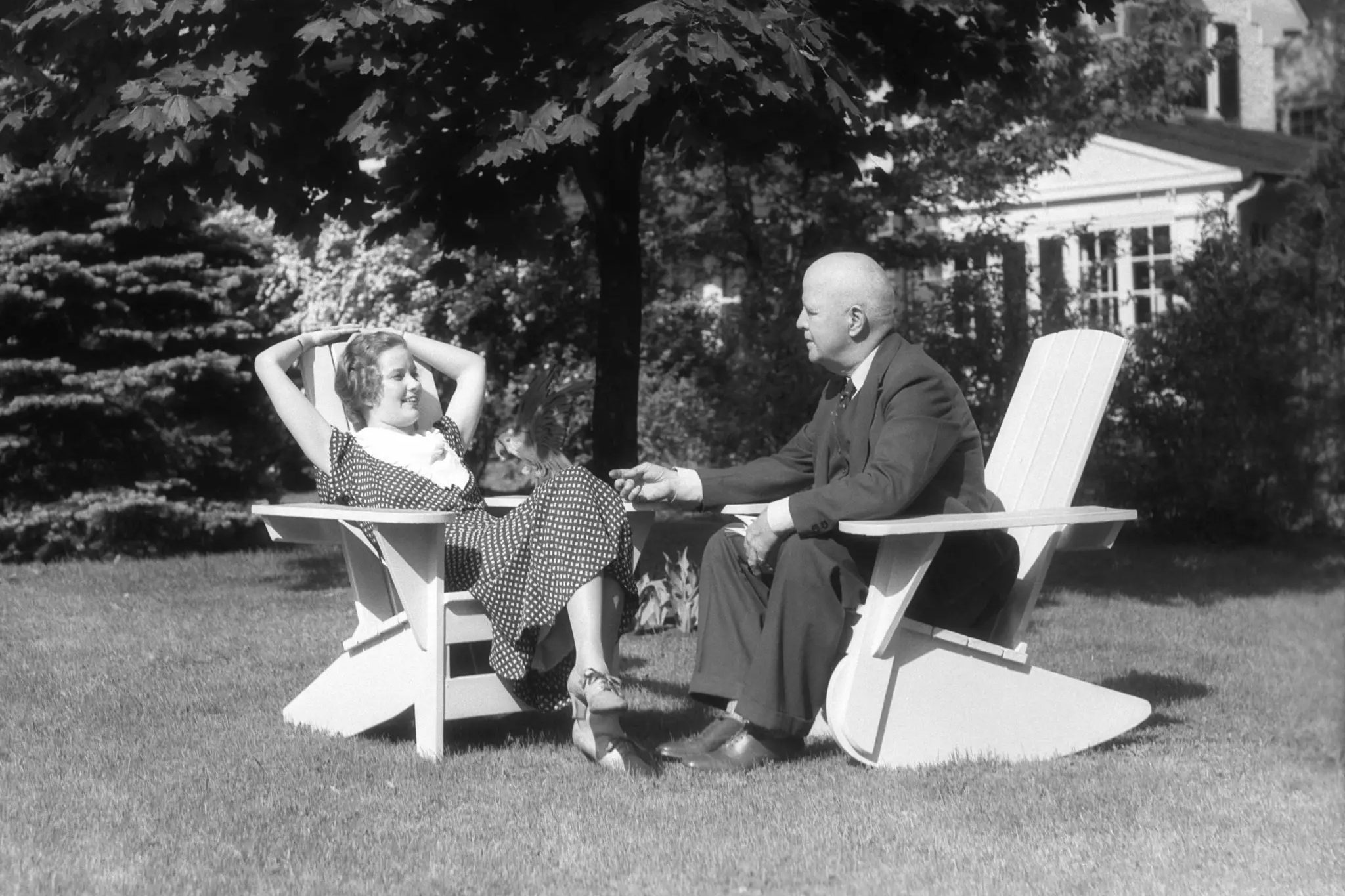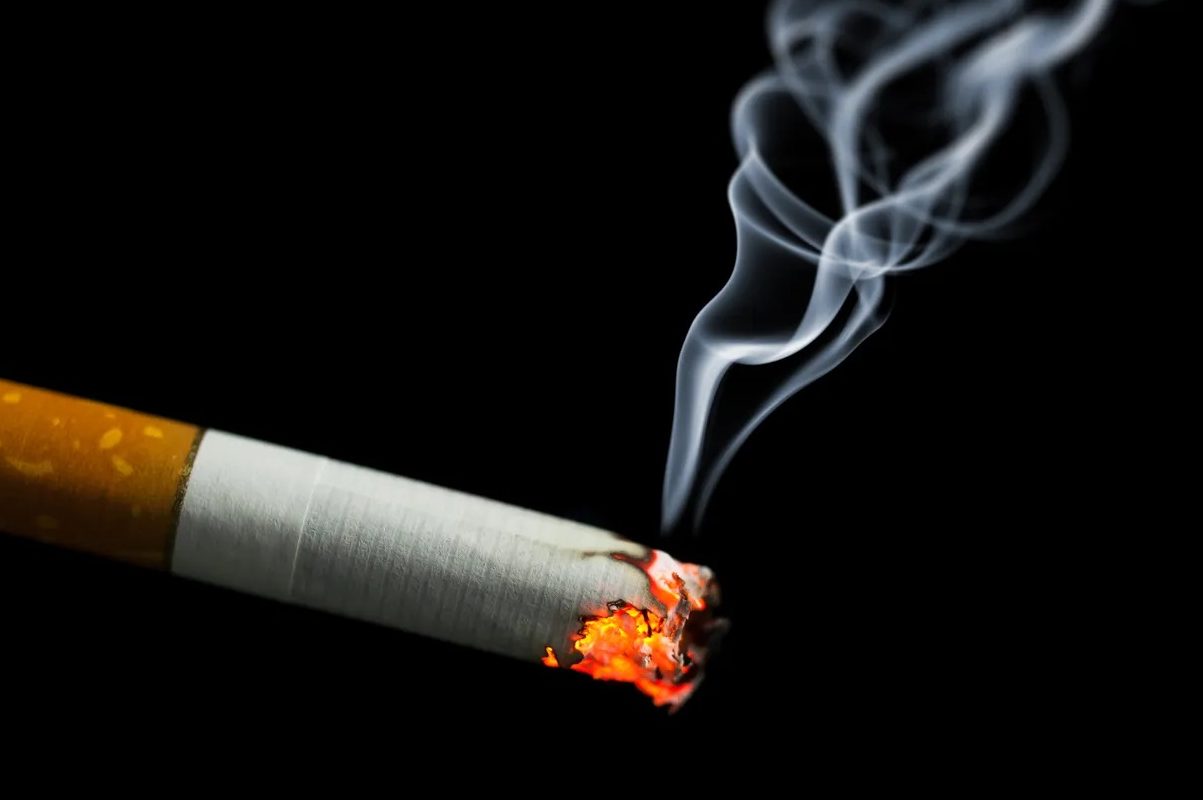A new study released this month reveals that prolonged social isolation may be worse for your health than regularly smoking cigarettes.
The research paper, which was published in the peer-reviewed journal Aging, found that psychological factors can deeply impact the aging process. Subjects who reported suffering from a poor mental state, such as being depressed, unhappy, or lonely, were biologically 1.65 years older than their peers. Comparatively, being a current smoker was found to only add 1.25 years to a subject’s biological age.
“The detrimental impact of low psychological well-being is of the same magnitude as serious diseases and smoking,” the study’s authors conclude.
The results are timely considering the impact of the Covid-19 lockdowns on the social lives of Americans. According to a University of Michigan poll, 56 percent of Americans between the ages of 50 and 80 reported feelings of isolation in June 2020. Similarly, an AARP survey found that seven in ten older adults had increased feelings of depression and anxiety during the pandemic.
Prolonged social isolation can cause individuals to get less sleep and exercise, leading to an increased risk of stroke, heart disease, and mental health disorders. It is also associated with a higher risk for dementia due to poor brain function.
The results of the Aging study are consistent with a 2018 survey by Cigna that found loneliness rivals obesity and smoking as a health risk.
“Loneliness has the same impact on mortality as smoking 15 cigarettes a day, making it even more dangerous than obesity,” Douglas Nemecek, MD, Cigna’s chief medical officer for behavioral health, said at the time.
Former surgeon general Vivek H. Murthy, MD, echoed this sentiment, asserting that he was more likely to see loneliness in his patients than heart disease or diabetes.
“Loneliness is a growing health epidemic. We live in the most technologically connected age in the history of civilization, yet rates of loneliness have doubled since the 1980s.”

























